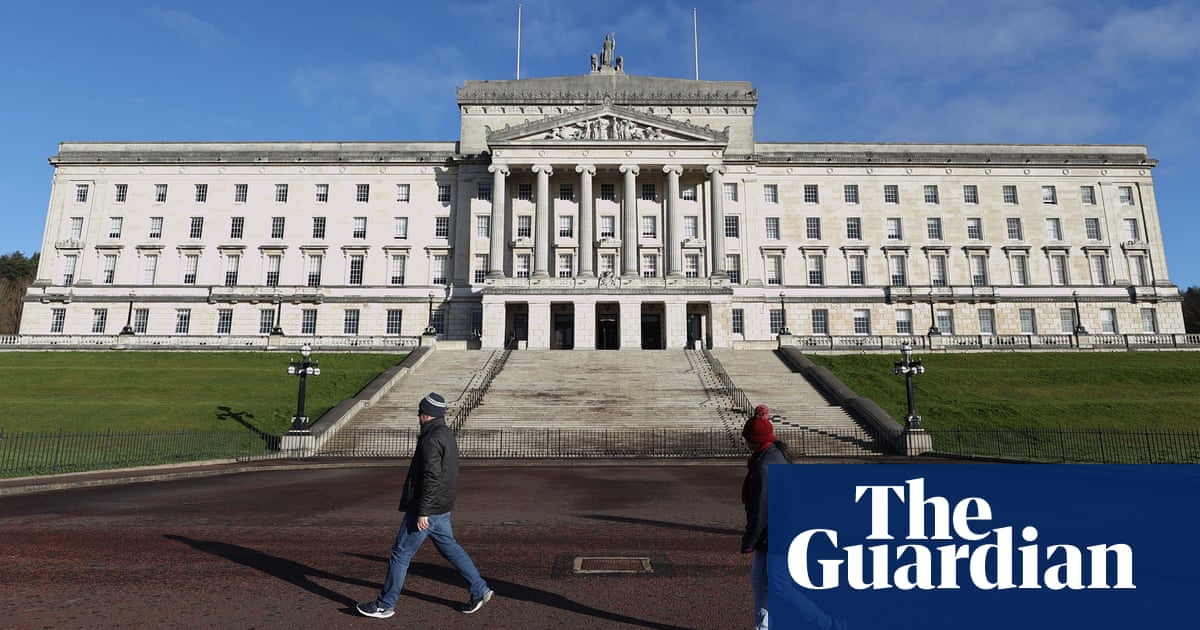
Afghanistan’s months’ long dispute over who won last year’s presidential election is near resolution after a draft power-sharing deal was agreed by incumbent Ashraf Ghani and his main challenger Abdullah Abdullah, local media reported.
Controversially it would make former vice-president Abdul Rashid Dostum, who is accused of ordering the torture and rape of a political rival, marshal of the Afghan armed forces, and a senior government official.
It comes after heavy pressure from the US to resolve the eight month standoff at the top of Afghan politics, to smooth the way for a new administration to start US-brokered peace talks with the Taliban.
American secretary of state Mike Pompeo withdrew $1bn in aid after the two long-term rivals refused to compromise, and held parallel presidential inaugurations a few hundred metres apart earlier this year.
The five-page draft agreement would allow Ghani to stay on as president, but give Abdullah control of half the cabinet posts and leadership of the office managing a US-brokered peace process, Tolo Television reported.
The title to be offered to Dostum is a recognition of his political power, despite decades of scandal and long-standing accusations of human rights abuses. He still commands one of the largest, and most reliable voting blocs in the country, among his ethnic Uzbek community in northern Afghanistan.
Those votes have persuaded other politicians to set aside their scruples to broker deals with him. He ran on Ghani’s ticket in 2014, even though the president had previously called him a “known killer”.
Then three years ago he left the country, fleeing into exile in Turkey after Ahmad Ishchi, a politician from Dostum’s home province of Jowzjan, said he was abducted, severely beaten and raped with the barrel of a rifle by Dostum’s bodyguards.
The government promised no one was above the law, following international calls for an investigation. The case is still technically open, but did not hinder Dostum’s eventual return to politics, this time as Abdullah’s running mate.
This is the second time Ghani and Abdullah have negotiated a power-sharing deal; the 2019 election was a virtual replay of the 2014 contest, down to the disputed results and mutual accusations of cheating.
That year the then US secretary of state John Kelly stepped in to broker a national unity government for Afghanistan. Under Donald Trump, Washington had made clear it was no longer interested in such heavy lifting, and the Afghan political establishment would need to find its own solution.
The main US focus in Afghanistan has been ending its war there, now nearly two decades old, and earlier this year it signed a troop withdrawal deal with the Taliban. That agreement was meant to pave the way for intra-Afghan talks, and provide Trump with a landmark achievement going into his re-election campaign.
Efforts to start those negotiations had stalled amid the political crisis, heavy Taliban violence and disputes over a prisoner exchange plans. A devastating attack on a maternity hospital this week further escalated tensions, with Ghani ordering Afghan forces back on the offensive in response.
The Taliban condemned the violence and denied any role, but the attack has not yet been claimed by any insurgent group.
The US peace envoy said it was the work of Islamic State without providing evidence, and urged both Taliban and the government back to the peace talks. Afghan government officials say it is too early to apportion blame or exonerate anyone.
Under the power-sharing deal, if a peace process is rekindled, Abdullah Abdullah will lead the government efforts, heading a new High Council of National Reconciliation. He will also control half of the cabinet posts, with Ghani offering him key ministries including Interior, Economy, and Justice, Labour and Social Affairs.












